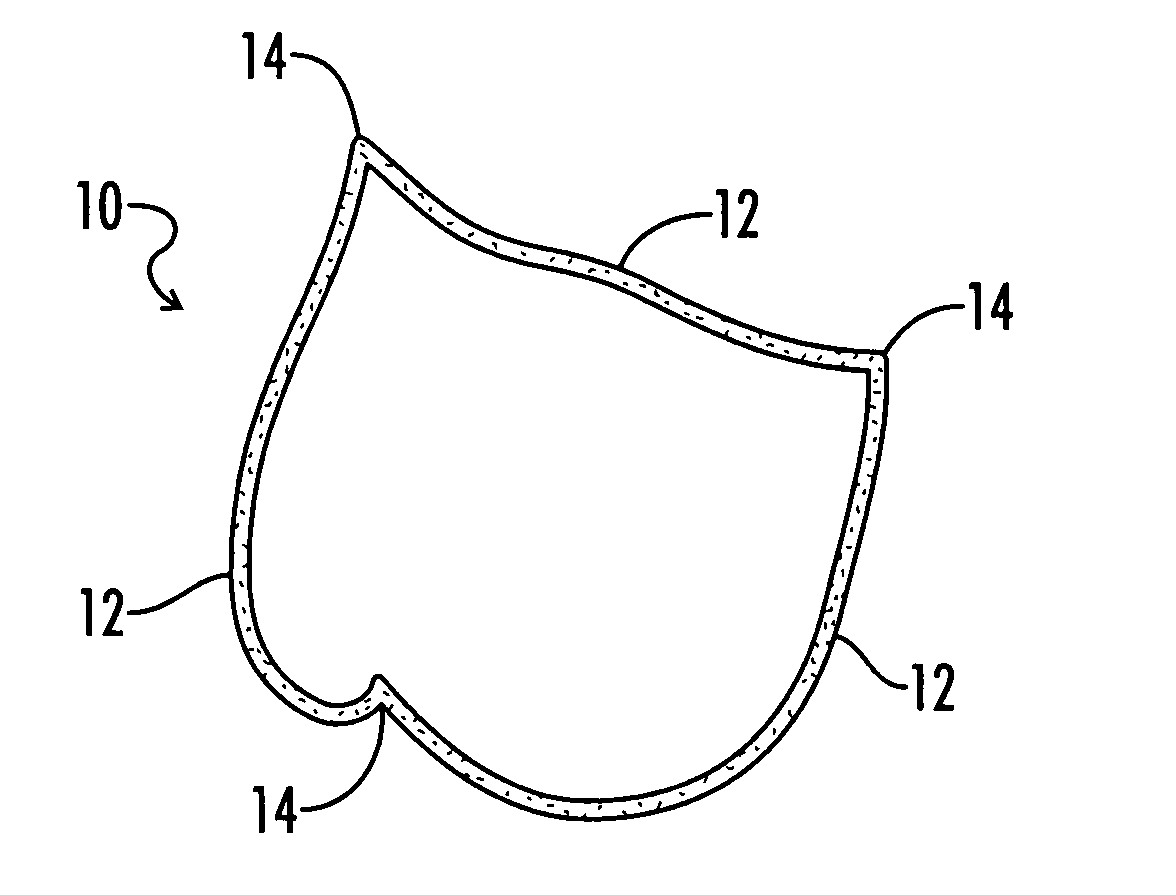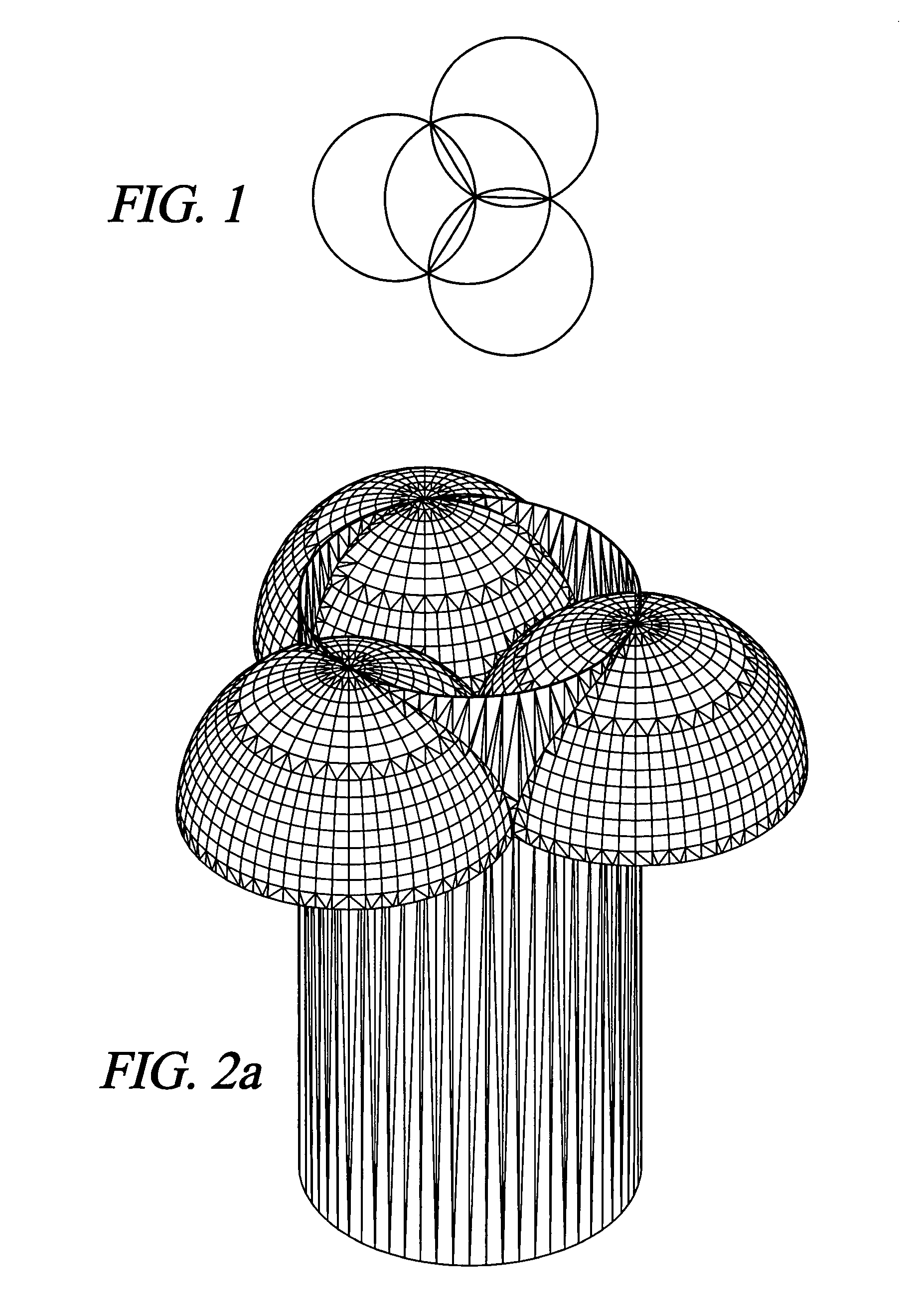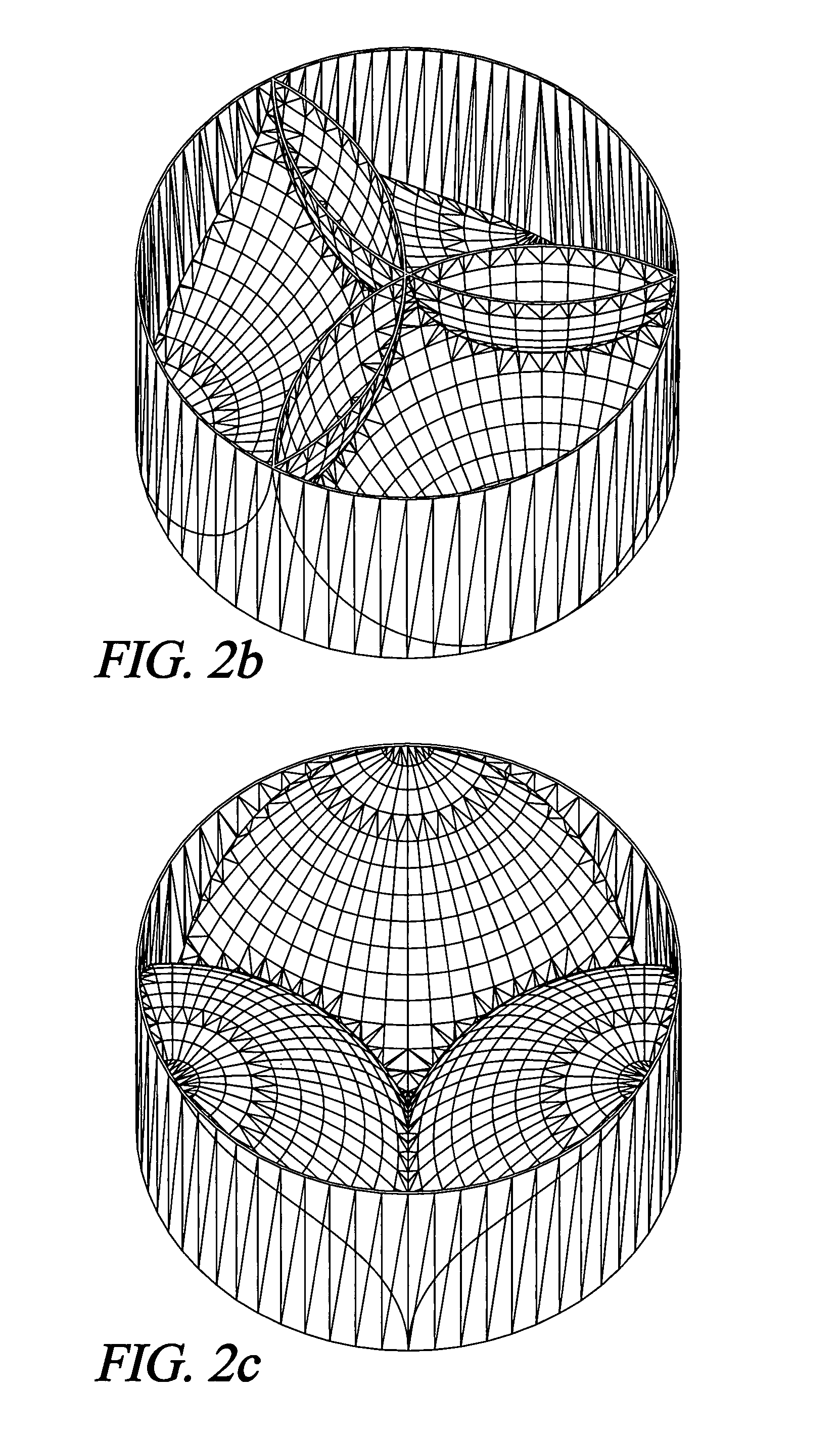Intra-annular mounting frame for aortic valve repair
a technology for aortic valves and mounting frames, which is applied in the field of mounting frames, can solve the problems of aortic valve disease repair not being met with the same success as reconstructing, aortic valve disease repair and aortic valve disease not being repaired with the same success. , to achieve the effect of reducing the risk of recurrent aortic insufficiency, reducing the risk of recurrent aorti
- Summary
- Abstract
- Description
- Claims
- Application Information
AI Technical Summary
Benefits of technology
Problems solved by technology
Method used
Image
Examples
Embodiment Construction
[0054]Although the products and methods according to the present invention are disclosed herein as being useful for and in the context of aortic valve repair, both the products and methodology may also be used in other fields including, but not limited to, surgical procedures for the repair of other valves within the human body.
[0055]Referring generally now to FIG. 4, an intra-annular hemispherical mounting frame useful for aortic valve repair is shown and generally designated as numeral 10. Intra-annular hemispherical mounting frame 10 is inserted into the aortic valve annulus and provides for the reconstruction of the native aortic valve.
[0056]Intra-annular hemispherical mounting frame 10 includes a plurality of curvatures 12 and also interconnecting points 14. Generally, curvature 12 conforms to the annular cusp geometry with interconnecting points 14 conforming to the geometry of the commissures. Curvatures 12 curve in about a first plane and a second plane of hemispherical moun...
PUM
 Login to View More
Login to View More Abstract
Description
Claims
Application Information
 Login to View More
Login to View More - R&D
- Intellectual Property
- Life Sciences
- Materials
- Tech Scout
- Unparalleled Data Quality
- Higher Quality Content
- 60% Fewer Hallucinations
Browse by: Latest US Patents, China's latest patents, Technical Efficacy Thesaurus, Application Domain, Technology Topic, Popular Technical Reports.
© 2025 PatSnap. All rights reserved.Legal|Privacy policy|Modern Slavery Act Transparency Statement|Sitemap|About US| Contact US: help@patsnap.com



